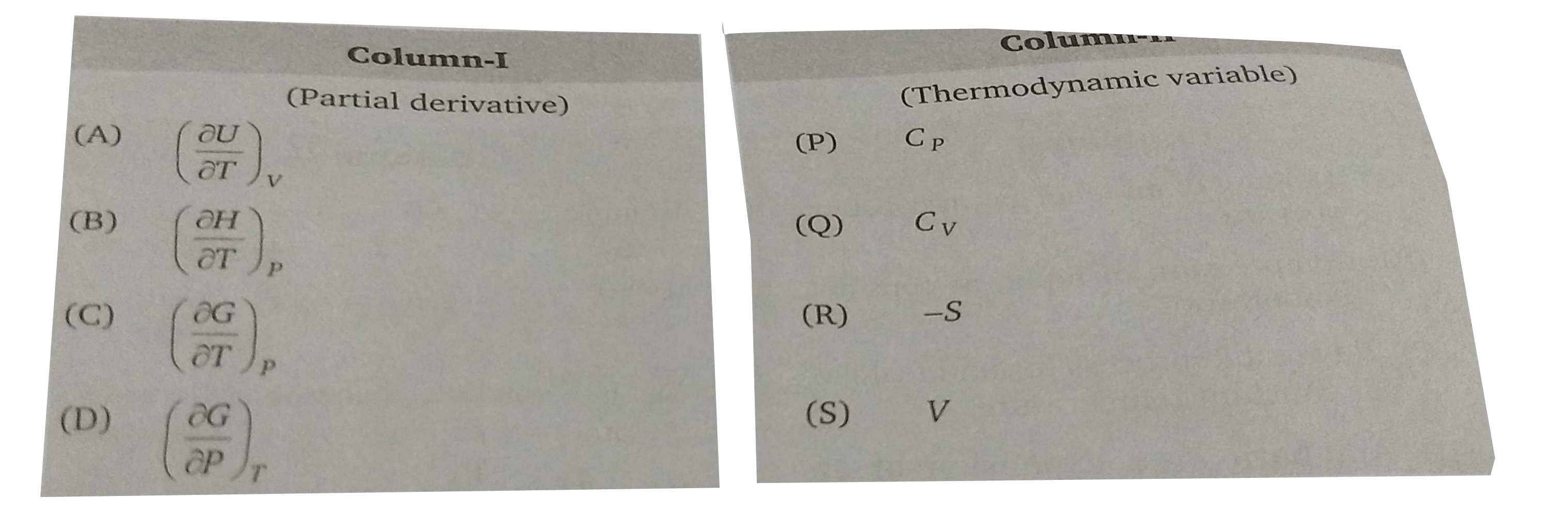When BrO−3 ion reacts with Br− ion in acidic medium, Br2 is liberated. Calculate the ratio of molecular mass and equivalent mass of KBrO3Solution in Telugu
The correct Answer is:5
Step by step video & image solution for When BrO_(3)^(-) ion reacts with Br^(-) ion in acidic medium, Br_(2) is liberated. Calculate the ratio of molecular mass and equivalent mass of KBrO_(3) by Chemistry experts to help you in doubts & scoring excellent marks in Class 11 exams.
Updated on:21/07/2023Topper's Solved these Questions
- STOICHIOMETRYBOOK - NARENDRA AWASTHICHAPTER - STOICHIOMETRYEXERCISE - Level 3 - Assertion - Reason Type Questions
15 Videos
- SOLID STATEBOOK - NARENDRA AWASTHICHAPTER - SOLID STATEEXERCISE - Level 3 - Subjective Problems
1 Videos
- THERMODYNAMICSBOOK - NARENDRA AWASTHICHAPTER - THERMODYNAMICSEXERCISE - Level 3 - Match The Column
2 Videos
Similar Questions
STATEMENTS-1 : Specific gravity is dimensionless.
STATEMENTS-2 : Specific gravity is density of a substance measured w.r.t. density of water at 4∘C.
View SolutionIonic solid Na+A− crystallise in rock salt type structure . 2.592 gm of ionic solid salt NaA dissolved in water to make 2 litre solution . The pH of this solution is 8. If distance between cation anion is 300 pm . Calculate the density of ionic solid (Pkw=13 Pka=13)
View SolutionMatch the following columns

View SolutionWhen BrO−3 ion reacts with Br− iron in acid solution Br2 is liberated. The equivalent weight of KBrO3 in this reaction is:
View SolutionWhen BrO_(3)^(-) "ions reacts with" Br_(2) "is liberated. The equivalent mass of" Br_(2) "in this reaction is" :
View SolutionWhen BrO−3 ion reacts with Br− ion in acidic medium, Br2 is liberated. Calculate the ratio of molecular mass and equivalent mass of KBrO3
View SolutionIn acidic medium the rate of reaction between (BrO3)− and Br− ions is given by the expression −d(BrO−3)dt=k[BrO−3][Br−][H+]2 it means
View SolutionIn acidic medium, the rate of reaction between [BrO−3]andBr− ions is given by the expression −d[BrO−3]dt=k[BrO−3][Br−][H+]2 It means
View SolutionEquivalent mass of a substance may be calculated as,
Equivalent mass=Molecular massn-factor=Atomic massn−fac→r
n-factor= Basicity of acid or acidity of base
n-factor= Number of moles of electrons gainted or lost per mole of oxidising or reducing agents
n-factor= Total positive or negative valency of a salt
n-factor= Valency of an ion.
Concept of n-factor is very important for redox as well as for non-redox reactions.
BrO−3 ion reacts with Br− to form Br2, in acid medium. The equivalent mass of Br2 in this reaction is :
View SolutionMolecular weight of KBrO_(3) is M. What is its equivalent weight, if the reaction is : BrO_(3)^(-)rarrBr^(-)" (acidic medium)"
View SolutionBalance the following equations in acidic medium Br^(-) + BrO_(3)^(-) + H^(+) rarr Br_(2) + H_(2)O
View SolutionWhen \(BrO_{3}\) ,ion reacts with \(Br^{-}\) in acid medium, \(Br_{2}\) ,is liberated. The equivalent weight of \(Br_{2}\) in this reaction is
View SolutionThe oxidation state of the product when 'KBr' and 'KBrO3' react in acidic medium is
View SolutionWhen BrO−3 iron reacts with Br− in acid medium, Br2 is liberated. The equivalent mass of Br2 in this reaction is :
View SolutionWhen BrO_(3)^(-) "ions reacts with" Br_(2) "is liberated. The equivalent mass of" Br_(2) "in this reaction is" :
View SolutionWhen BrO−3 ion reacts with Br− ion in acidic medium, Br2 is liberated. Calculate the ratio of molecular mass and equivalent mass of KBrO3
View Solution
